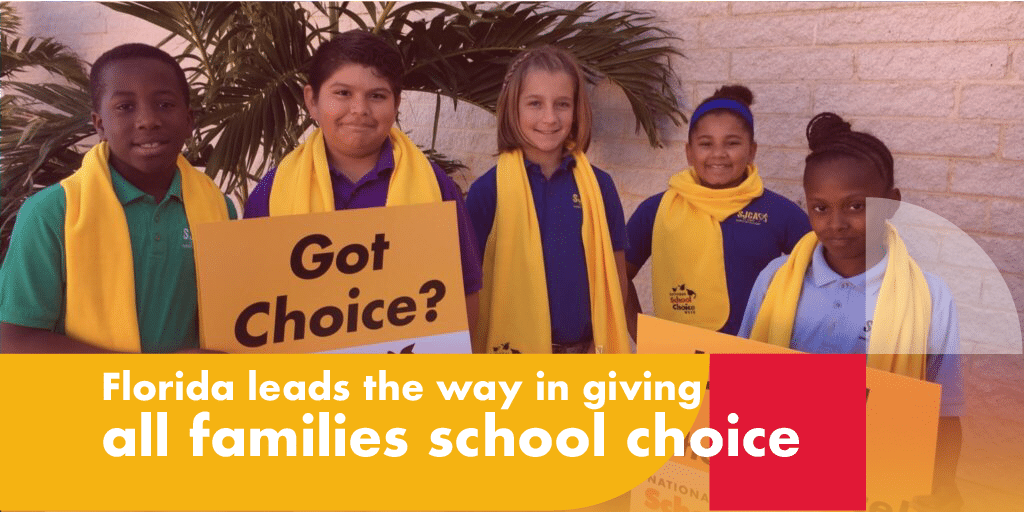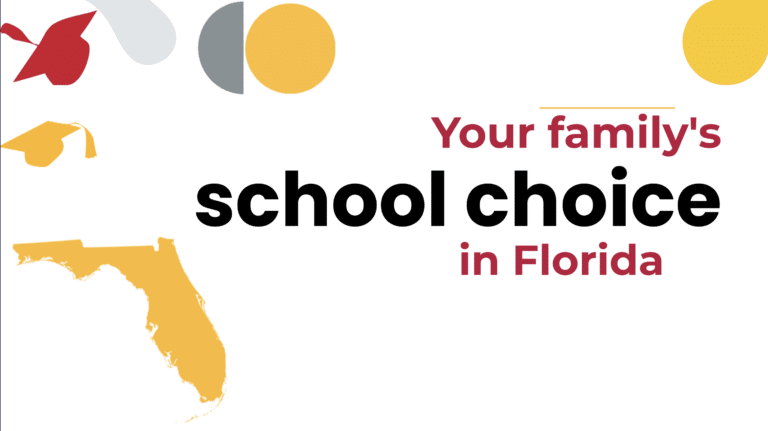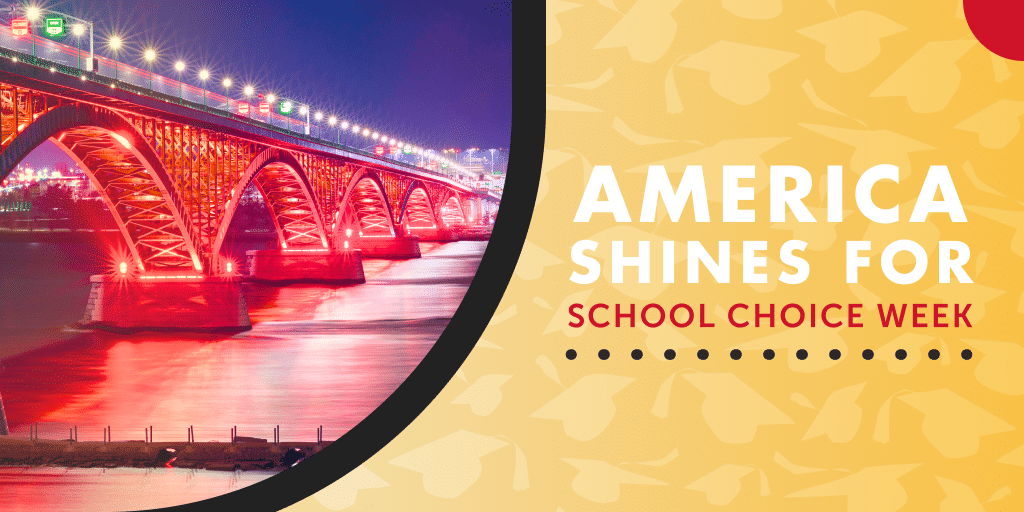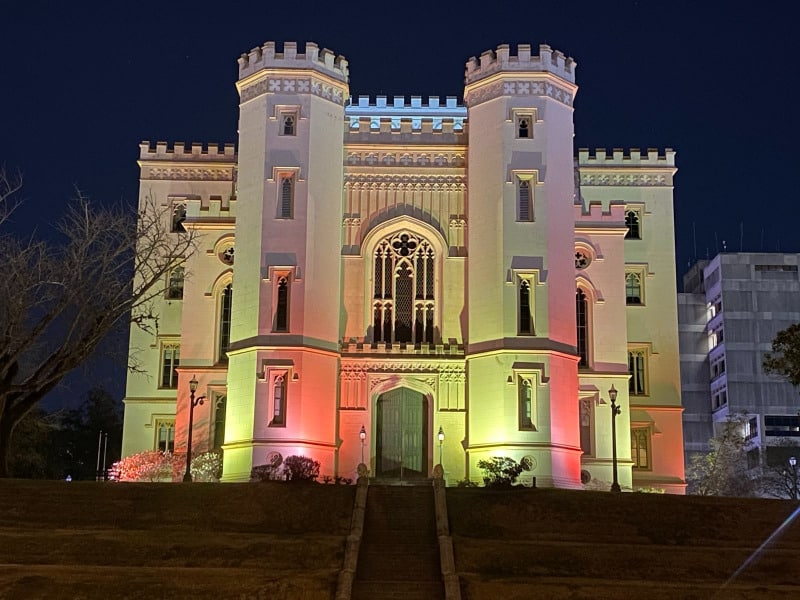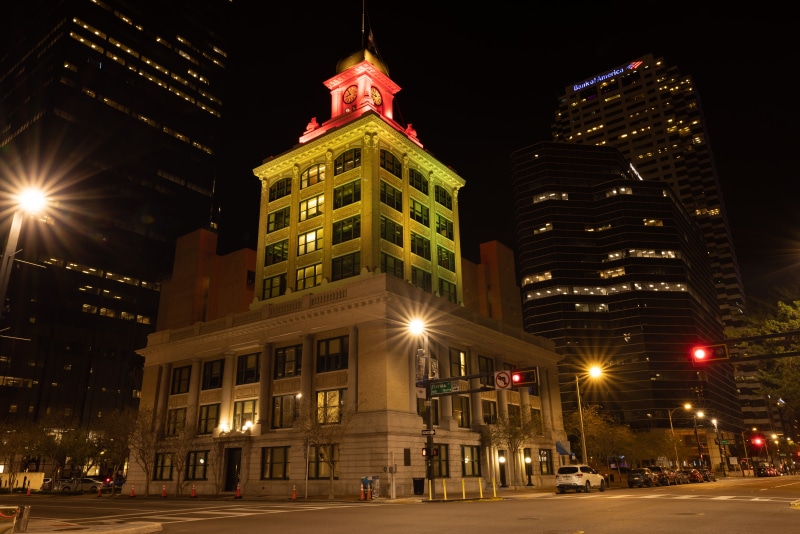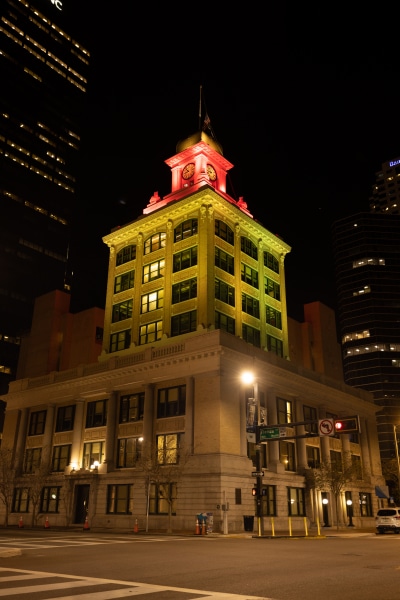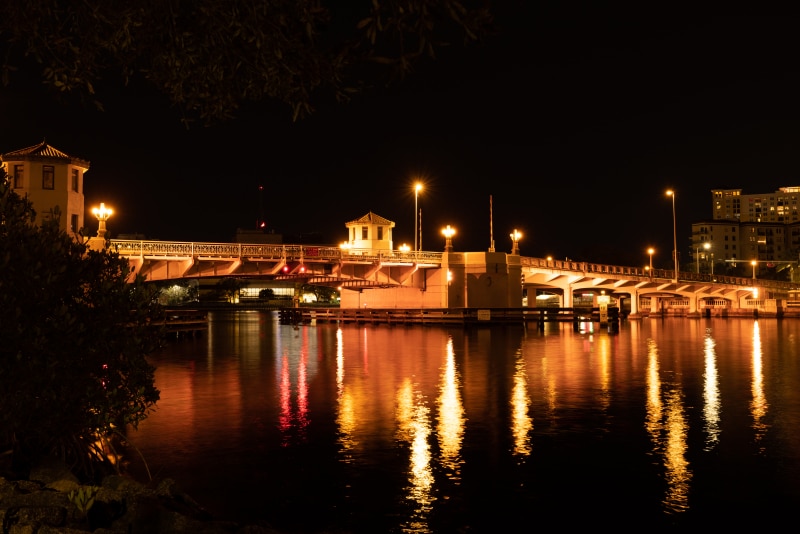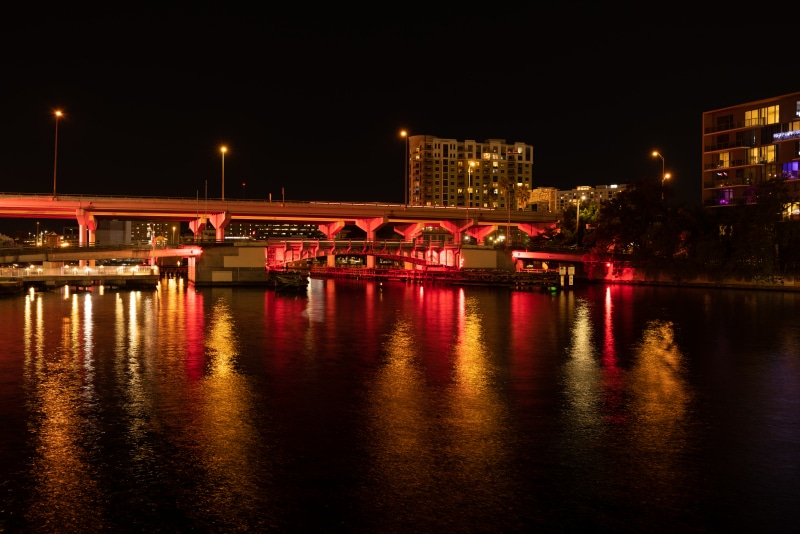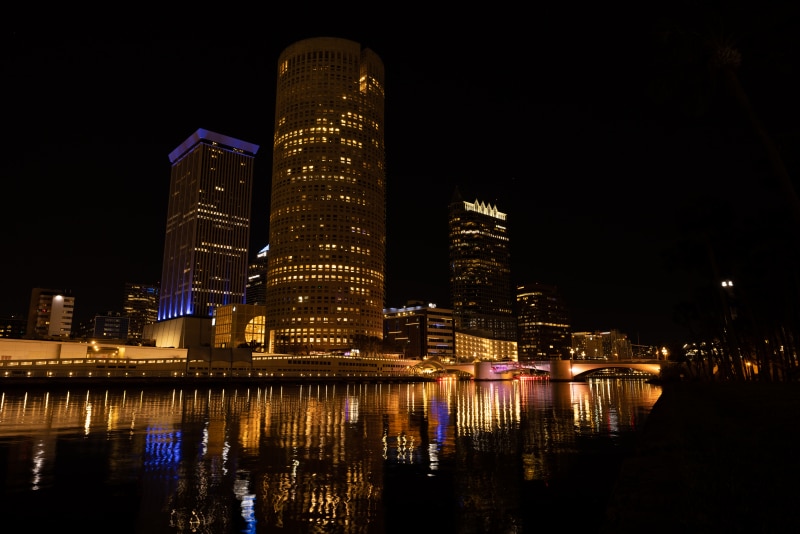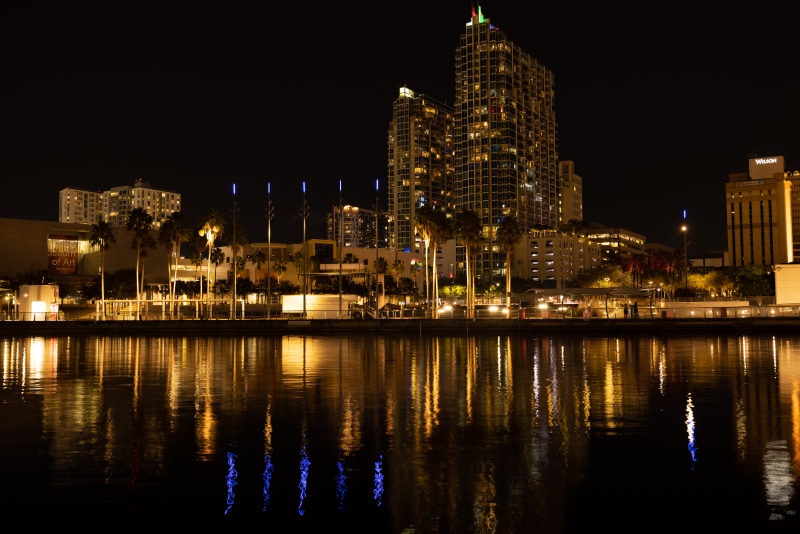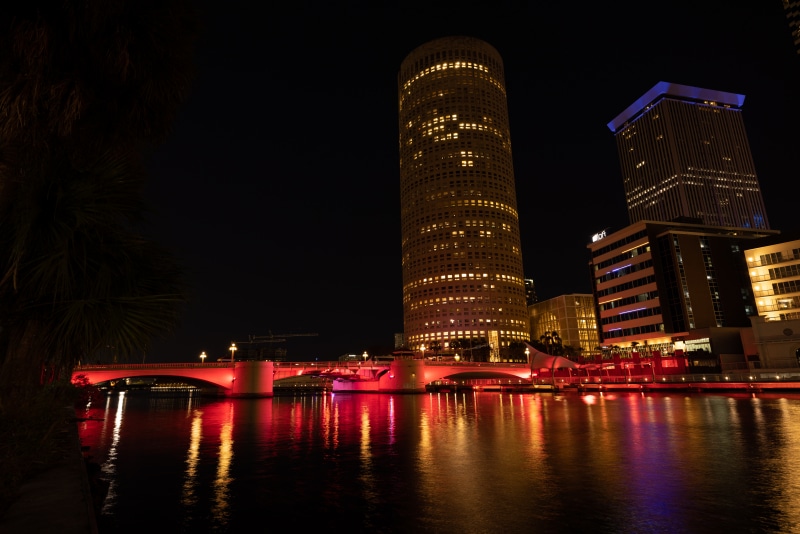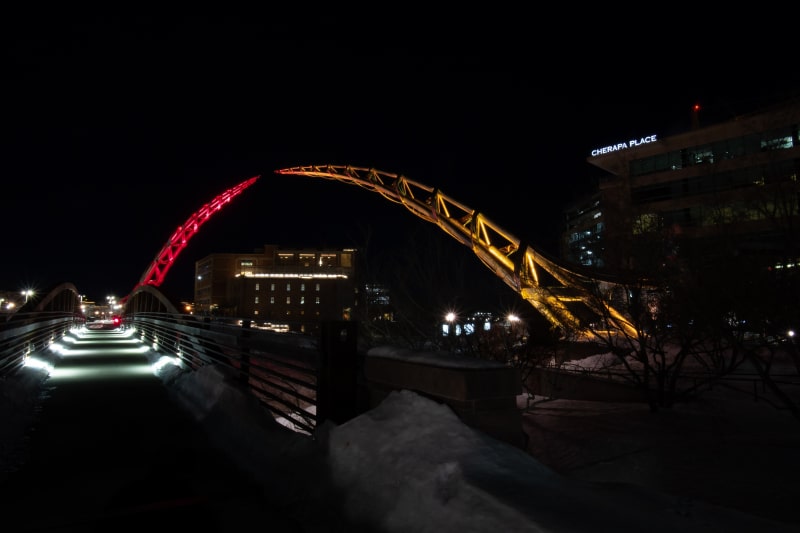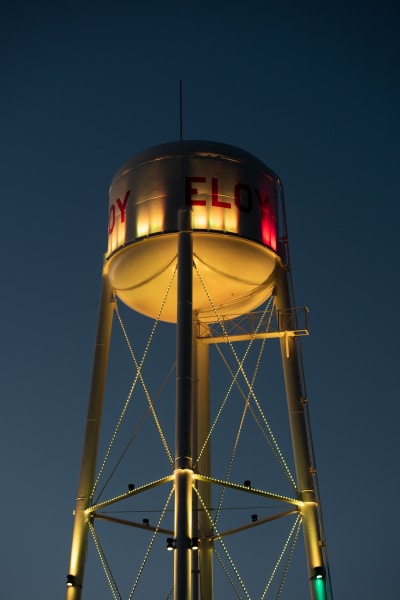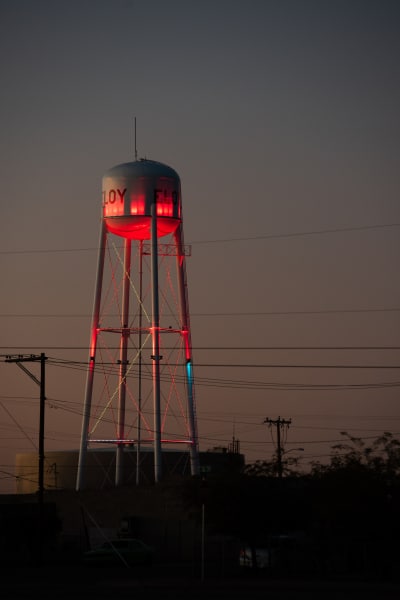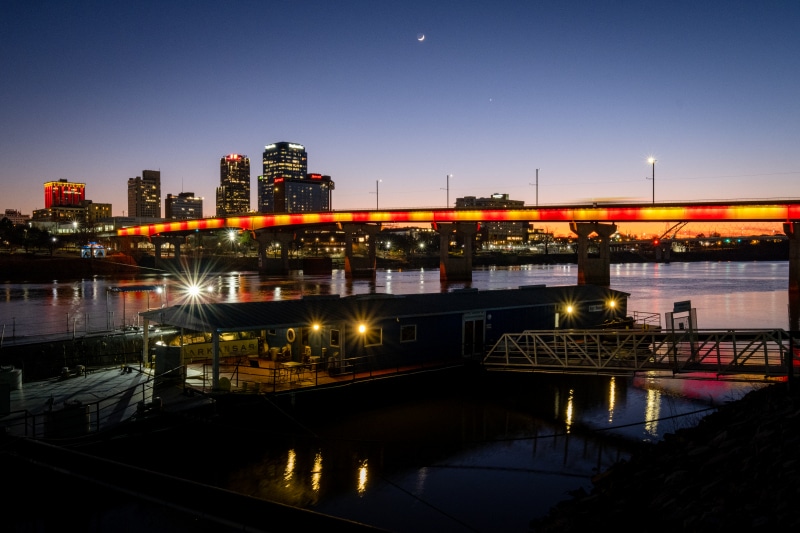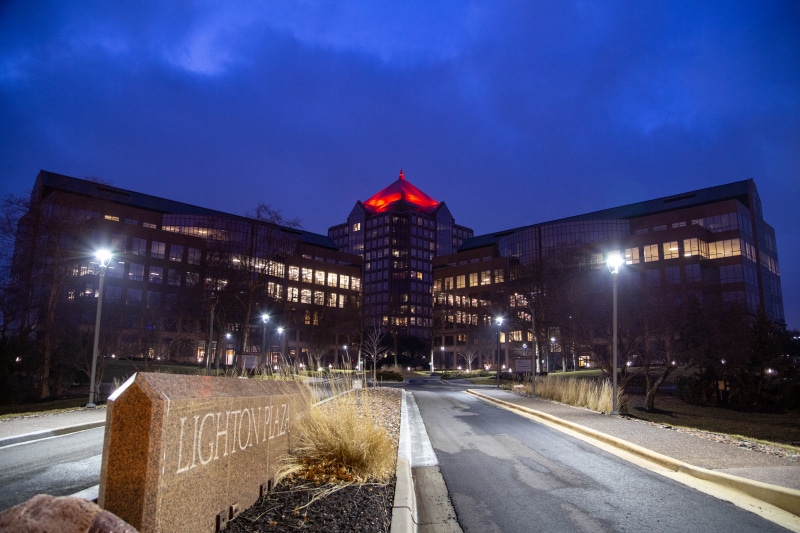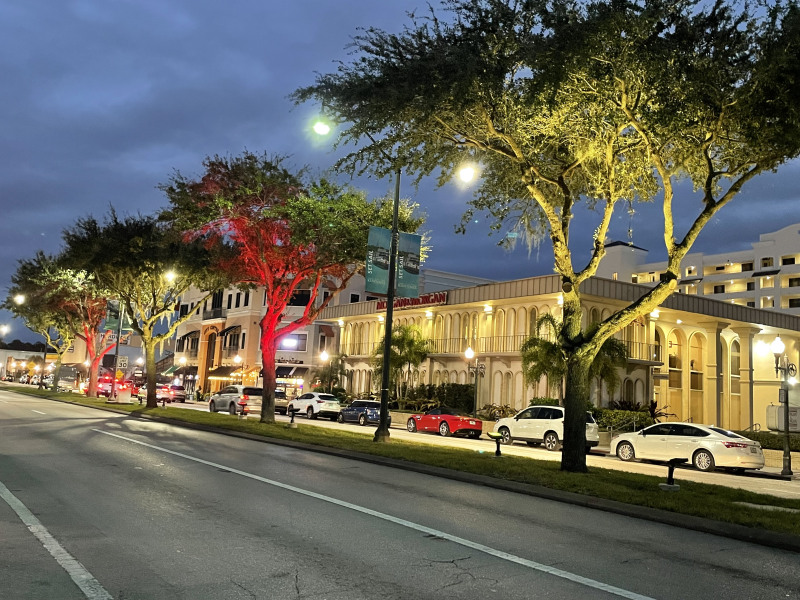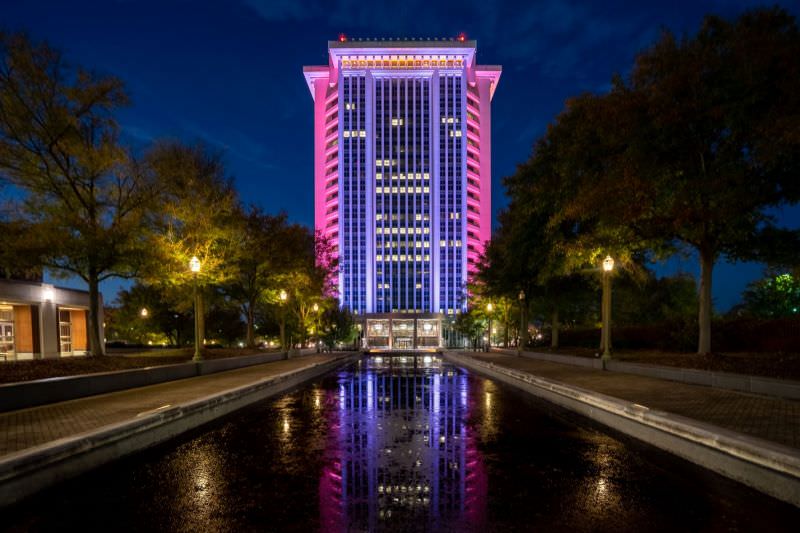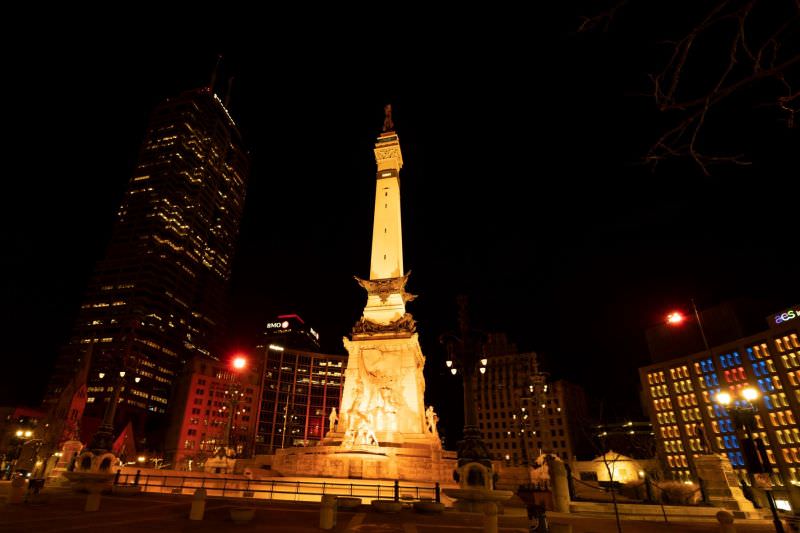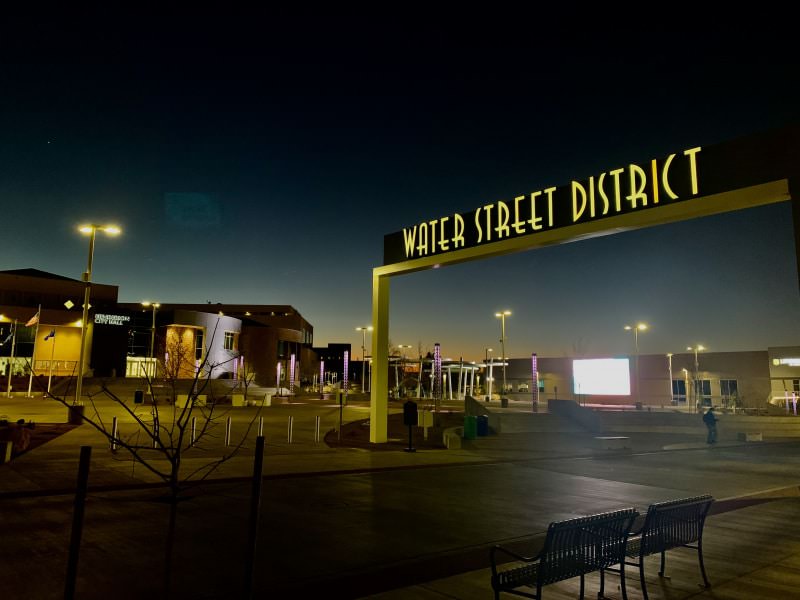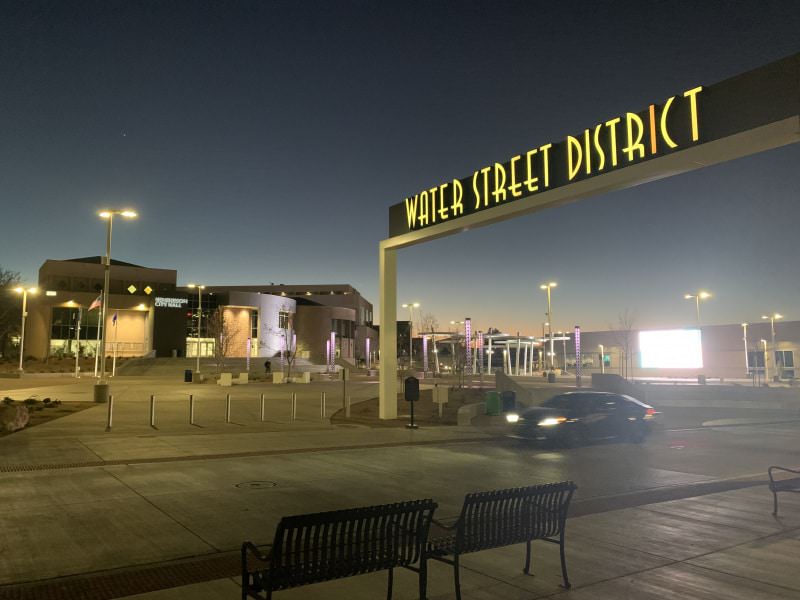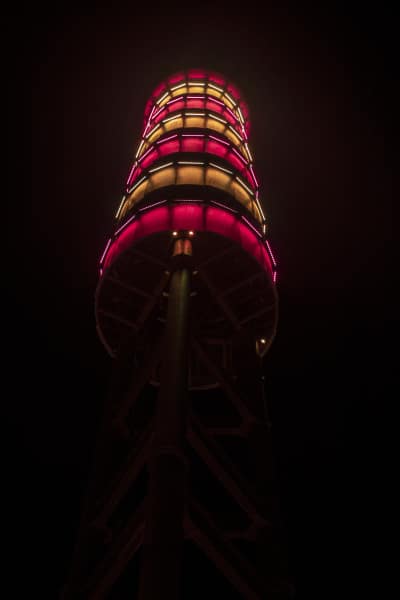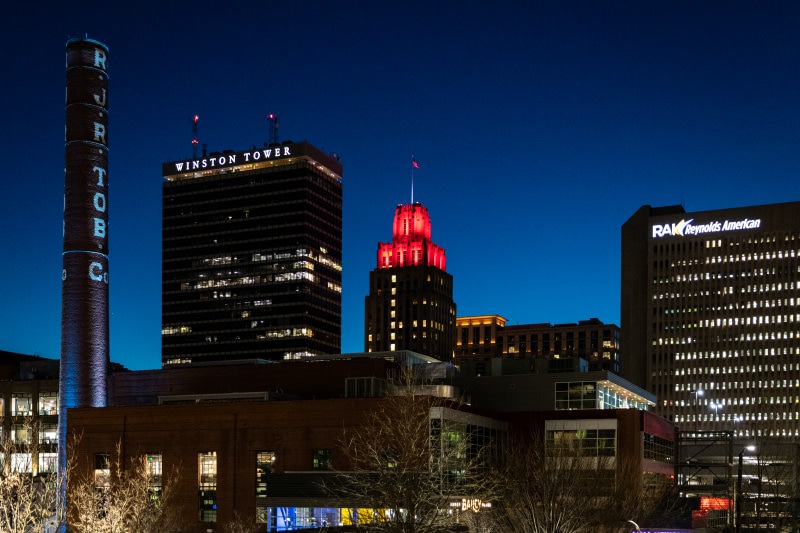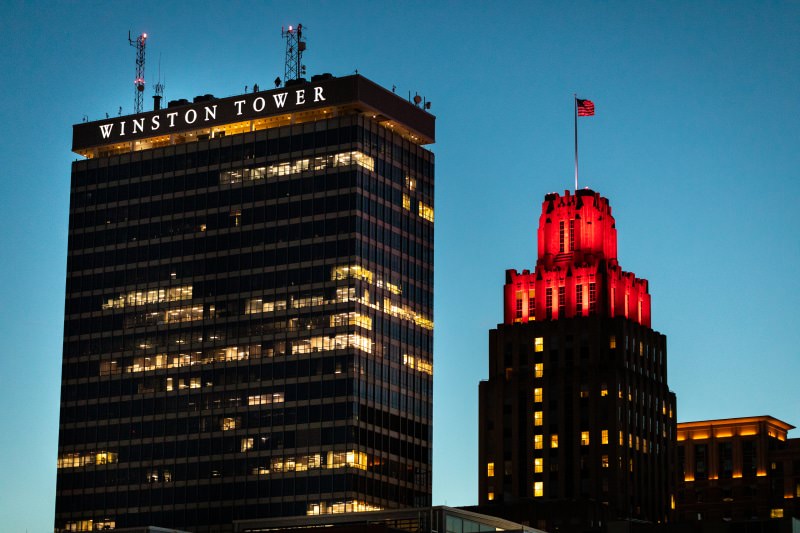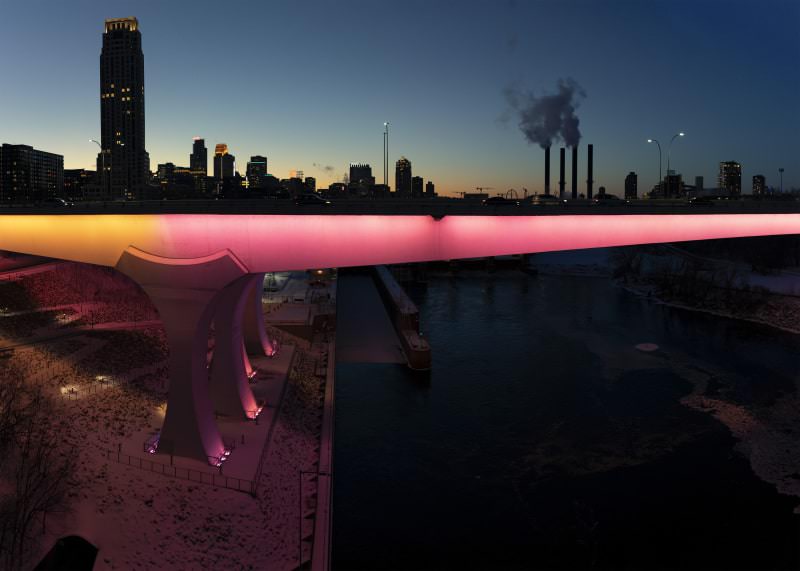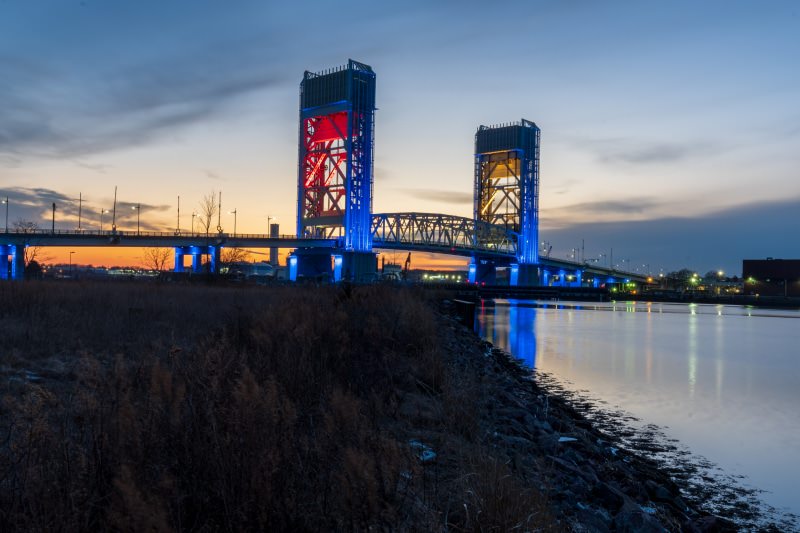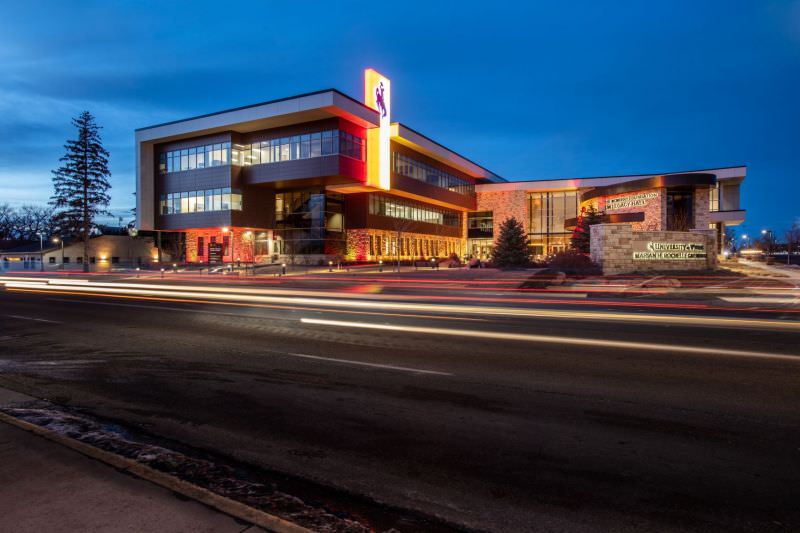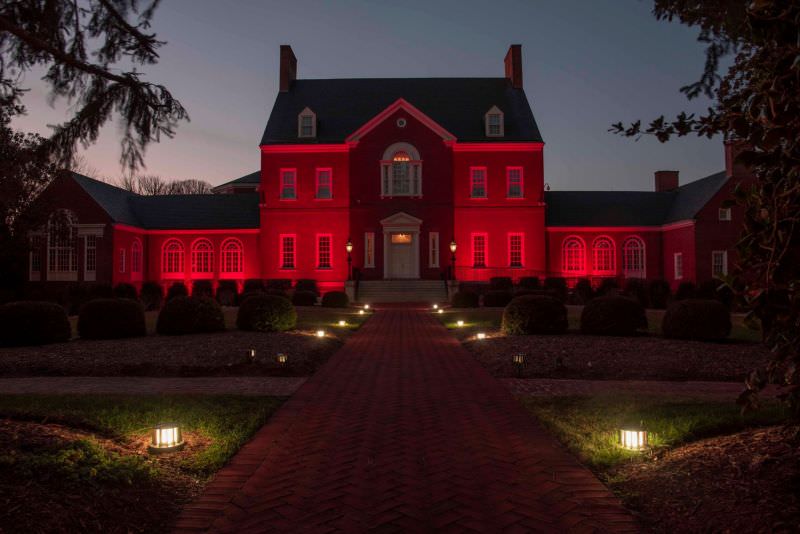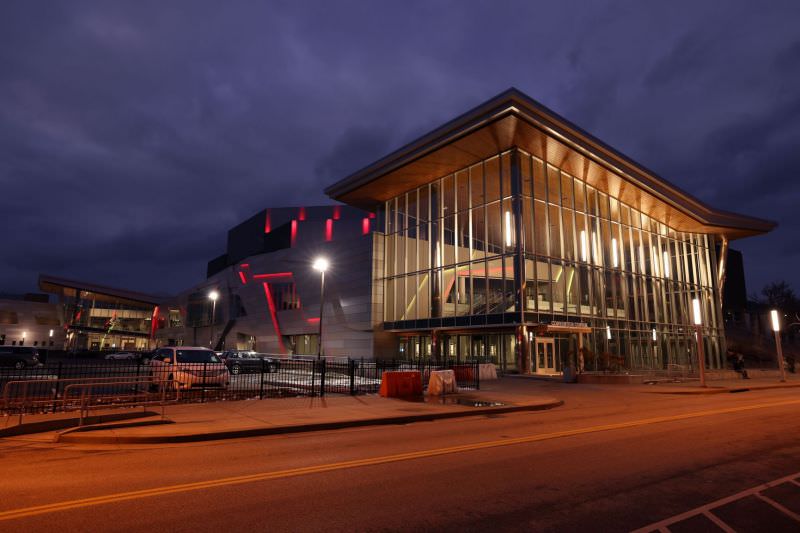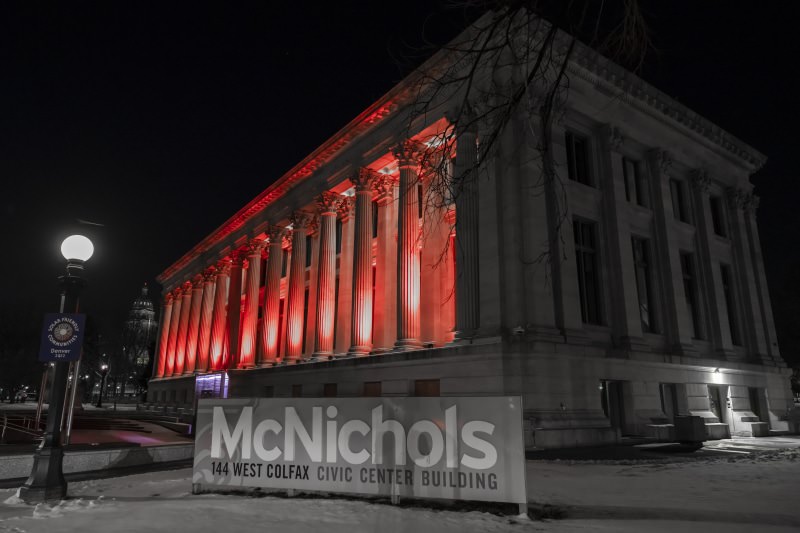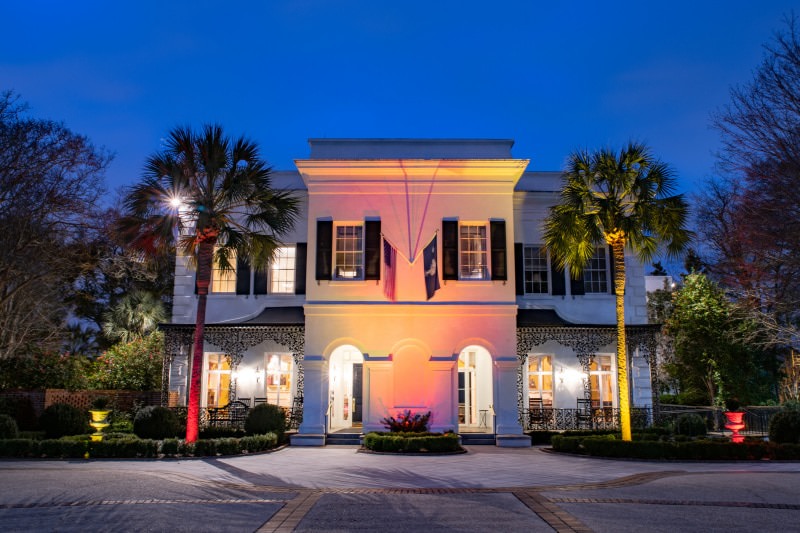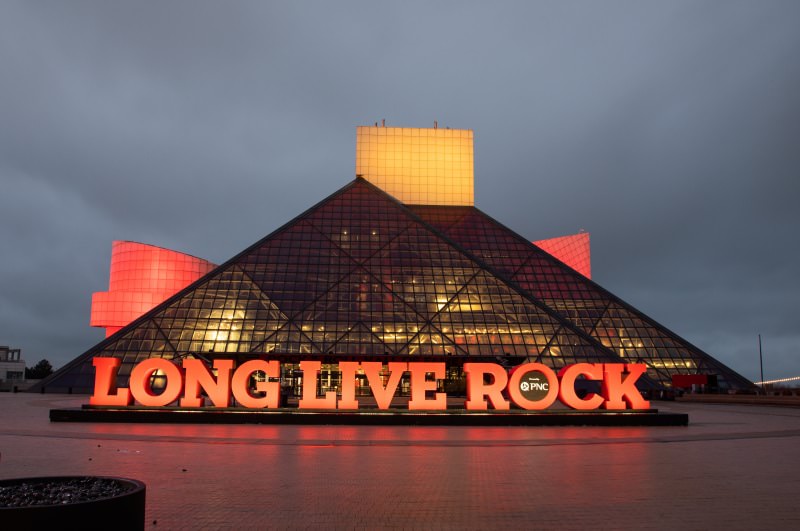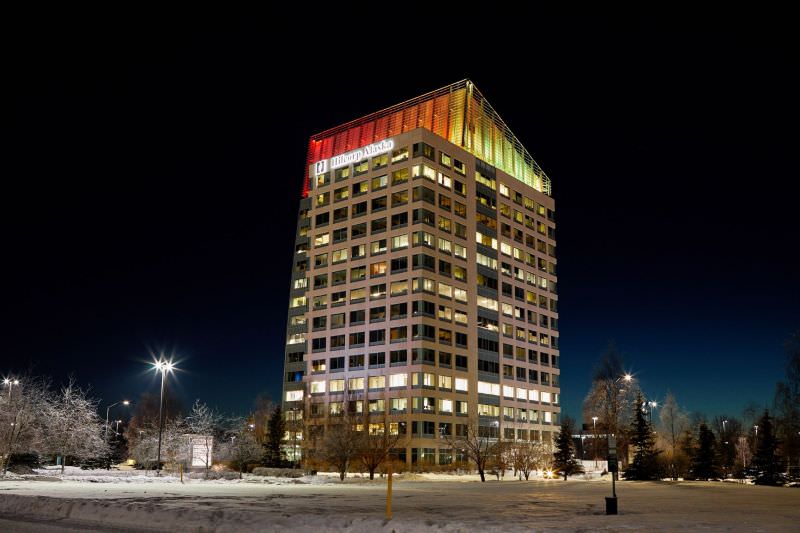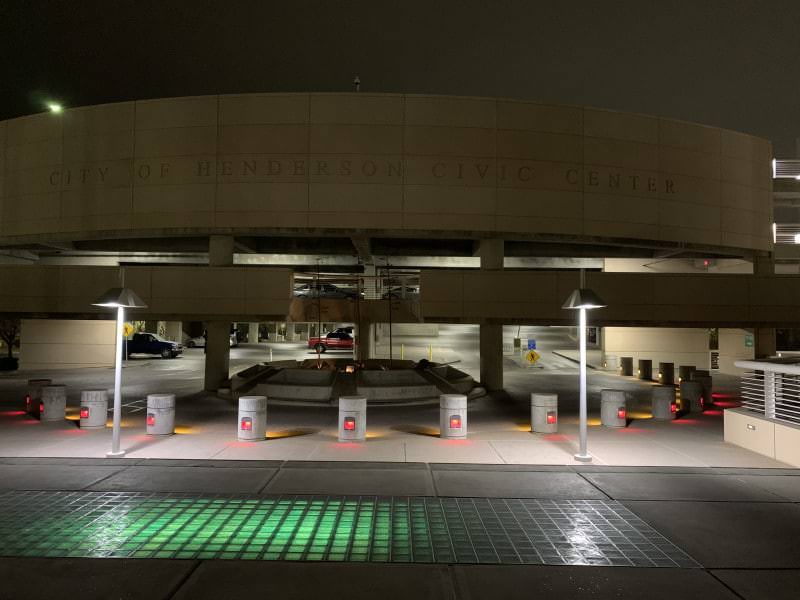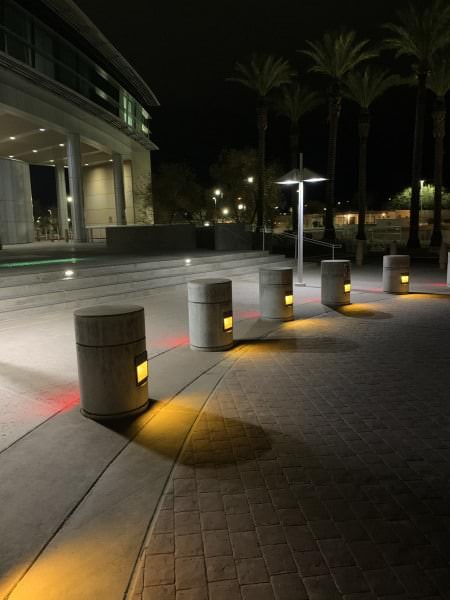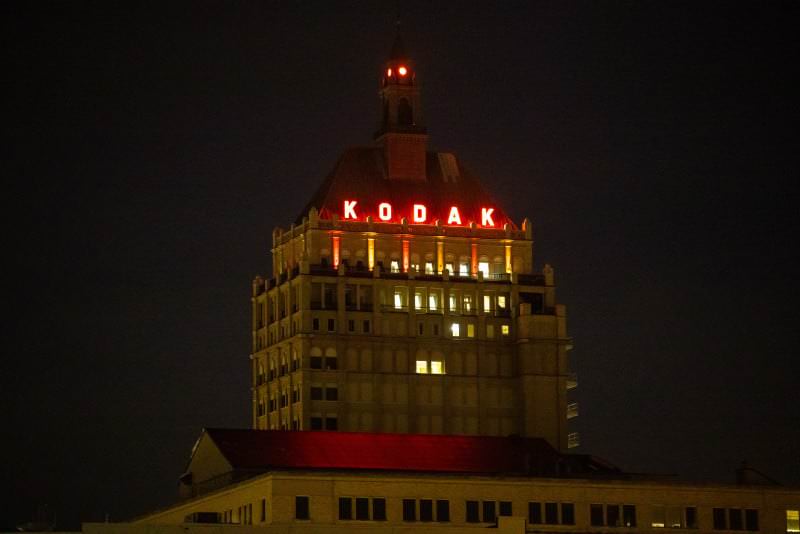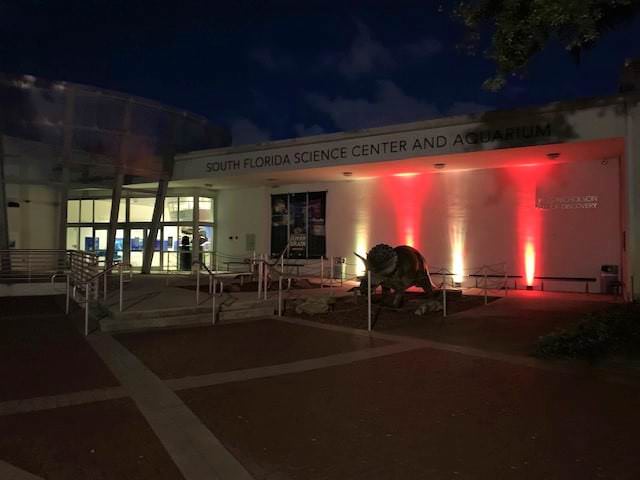Posted on Modified on Posted by National School Choice Week Team
Florida leads the way in giving all families school choice
Recent news out of Florida is changing education — as soon as this school year — for all Sunshine State families. With the passage of HB 1, the state has dramatically transformed its existing private school scholarship programs, giving Florida’s 2.7 million school-aged children more flexibility in customizing their learning experience. What’s changed? We did our homework on the program and here’s the exciting news:
What’s new?
As of July 1, 2024, Florida’s existing Family Empowerment Scholarship Educational Opportunity Voucher Program, Florida Tax Credit Scholarship Program, and HOPE Scholarship have been converted into education savings account programs and are open to every child in the state who wishes to enroll in a non-public school option, like private school or homeschool. There is no financial eligibility requirement to apply, though the program has some funding limits. Families who participate receive their child’s education funds (about $8,000 for 2023-2024) in an account. Through an online portal, they can then use these funds for approved learning expenses, from homeschool curriculum to digital learning materials!
While all families are eligible to participate, low-income families and children in foster care receive first priority, followed by middle-income families and so on – until the funding cap is met. As of October 2023, about 350,000 Florida students are using education savings accounts!
As of 2024, due to the passage of HB 1403, the bill now extends access to active-duty military members with permanent change of station orders to Florida, even before they have a Florida address.
Parents can apply to the program by filling out one application that applies to both the Florida Empowerment Scholarship Educational Opportunity Voucher Program and the Florida Tax Credit Scholarship Program. Students are awarded education savings accounts through the Florida Tax Credit Scholarship Program first; then, once most of the Florida Tax Credit Scholarship Program funding has been used, students are awarded Family Empowerment Scholarships. While the two programs have different funding mechanisms, both offer families the same scholarship amount and flexible experience.
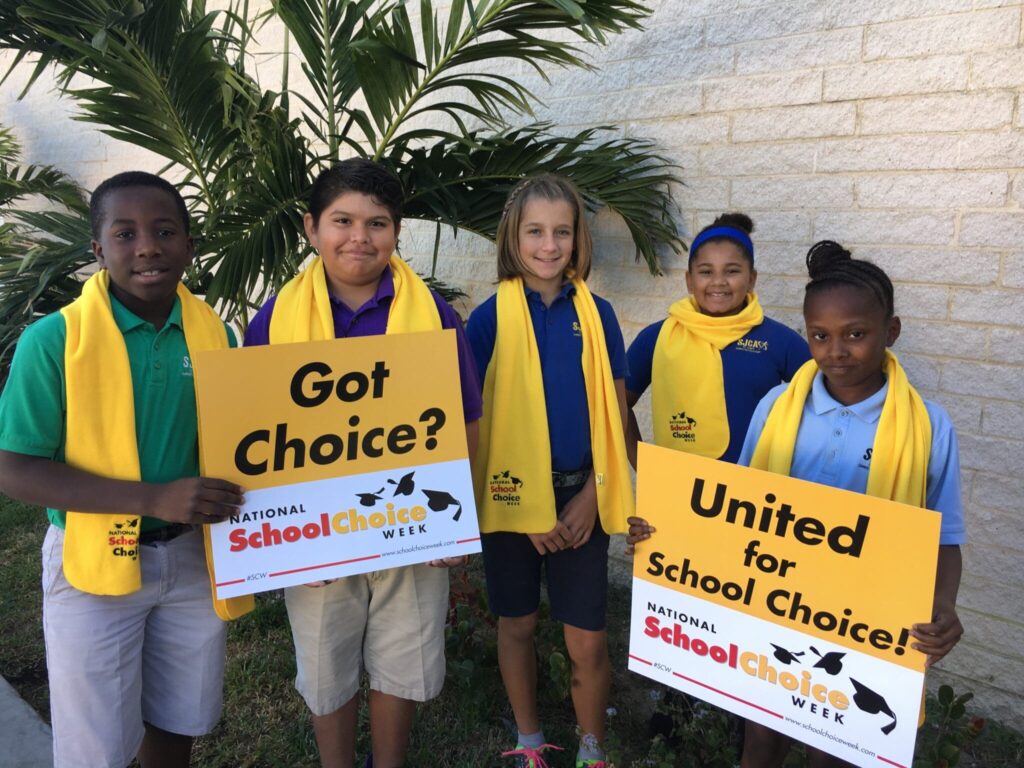
What status quo does this change?
Florida has offered private school choice programs for decades, and already has one of the highest shares of K-12 students attending nonpublic school options through school choice programs in the nation. Prior to this year’s expansion, the state’s Family Empowerment Scholarship Educational Opportunity Voucher Program and Florida Tax Credit Scholarship served only low and middle-income families. These programs were also limited to use for private school tuition. Each program gave more than 80,000 children access to private schools of their choice in 2022. Now, all children are eligible to apply for a scholarship. Perhaps more dramatically, families have new opportunities to customize learning though the education savings accounts format, which allows funds to be used for all sorts of learning expenses, not just private school.
Impact for students with special learning needs
The bill also increases the annual scholarship adjustment for the state’s Family Empowerment Scholarship for Students with Unique Abilities Program, allowing more scholarships to be offered to students with special learning needs. This program already used a flexible education savings accounts format to support families with unique learning needs in personalizing their education. Now, the bill’s expansion is helping to eliminate the waitlist that students with unique abilities have faced.
What’s more, the bill establishes a new method for obtaining an Individualized Education Plan (IEP). This makes it easier for students who’ve never attended public school to be eligible for the Family Empowerment Scholarship for Students with Unique Abilities. School districts can now use evaluation reports from other licensed professions to develop services needed for non-public students who do not yet have an IEP.
Additionally, In 2024, the scholarship was expanded to include families with pre-K students, and the enrollment cap was raised to more than 72,000 students.
Eligible expenses
So, what expenses can families use Florida’s newly expanded education savings account for? Here are just some of the approved expenses:
- private school tuition at a participating school
- online learning costs
- homeschool curriculum
- part-time tutoring services
- part-time enrollment in college as part of a dual-enrollment program
- fees for Advanced Placement tests or industry certification exams
- textbooks
Students can even use funds for approved courses or services offered by public school districts!
The state’s scholarship funding organizations have developed purchasing guides for parents that clearly lay out what they can use funds for. You can find purchasing guides for both the Family Empowerment Scholarship for Educational Options and the Family Empowerment Scholarship for Students with Unique Abilities at Step Up for Students. Note that if a family is using the program to pay for private school, they must use the funds for tuition first. Then, if any funds remain, these can apply to other approved expenses.
Participating students with disabilities may use the education savings account program funds for additional items, including occupational therapy, speech-language pathology, physical therapy, and certain therapy animal services. The bill even expands what students with disabilities can use funds for to a couple new categories this year, such as approved pre-apprenticeship programs.
If a participating student does not use all their education savings account funding in a given year, the funds can shore up and roll over up to $24,000 for participants in the Florida Tax Credit Scholarship or Florida Empowerment Scholarship for Educational Options, or up to $50,000 for participants in the Florida Empowerment Scholarship for Students with Unique Abilities, as long as the student remains active in the program.
Where can families apply?
Applications for eligible students are now open for the 2024-2025 school year! To apply, visit Step Up for Students, where you may also find resources for new families, useful tips, and more. Parents may apply for one scholarship program per student.
Need help? Step Up For Students will be hosting application support webinars for families new to the Tax-Credit and Family Empowerment Scholarships. During the webinar, new families can learn more about the application process through a step-by-step guided process.
Help navigating options
As you can imagine, this expansion has created a lot of options for families, which may feel overwhelming! A component of the new bill is that it requires the development of a new statewide online portal for parents. Participating schools share details about what they offer families on this portal, making it easier for parents to evaluate options for their students and receive personalized recommendations.
The Florida education savings account program also promotes Choice Navigators, an optional service where parents connect with an accredited professional who helps guide them through their options. Choice Navigator fees are an eligible expense for which families can choose to use their education savings account funds.
Some of these new program changes are currently in development. Two scholarship funding organizations — the nonprofits Step Up for Students and the AAA Scholarship Foundation — are responsible for determining eligibility and distributing funding.
Using the Florida education savings account for private school
Of course, it is up to families to choose whether Florida’s new educational savings account program is a good fit for them. Here are a few things to keep in mind about using an education savings account at a private school.
The education savings account funding (about $8,000) may fully cover tuition at some private schools, but not at others. If there’s a gap, you can inquire whether the school you’d like to attend offers need-based or merit-based scholarships.
A private school must choose to participate in the program and meet state requirements for a student to be able to use their education savings account funding there. So, not every private school in the state is an option, but many are.
Using the Florida education savings account for homeschooling
Currently, Florida has about 114,000 homeschooled children. For families interested in using the educational savings account program for homeschooling expenses, the new bill creates the specific category of “personalized education program.” This helps maintain a distinction between homeschoolers opting in to use the program and other traditional homeschoolers in the state. “Personalized education program” participants agree to comply with a few extra requirements, like sharing a learning plan with their scholarship funding organization. Florida homeschoolers who do not choose to participate do not need to meet these requirements.
The education savings account program allows for up to 20,000 “personalized education program” students to participate in 2023-2024. The number of spots for “personalized education program” students increases each year until July 2027, when the cap disappears.
Using the Florida education savings account for public school
One of the biggest ways the bill impacts Florida’s public schools is that it encourages part-time enrollment. The education savings account opens the door for more homeschool and private school families to participate in public school offerings part-time. Using the program funding, students can join approved classes or services at a nearby public school, whether that’s AP Biology or Spanish. This also means that students enrolled part-time in a district school, charter school, or public online school (like Florida Virtual School) may be able to receive partial scholarships for after-school tutoring, summer enrichment programs, and other learning opportunities.
The new bill has an impact for full-time public school students too. For example, it removes the requirement that public school students have to take an online credit before graduation, and allows districts to transport students in new ways, such as via large vans instead of buses where appropriate.
Finally, to make transportation less of a hassle, students using the education savings account may receive a scholarship of $750 or more for transportation to a public school that is different than the school to which they were assigned.
Florida’s K-12 future
Florida’s school choice expansion opens the doors for families to customize their child’s education and have equal access to all types of learning — public, private, online, and home education. In addition to the new education savings account program, Florida still offers its other scholarship programs, including the New Worlds Reading Scholarship for struggling readers in grades K-5 and the Hope Scholarship for children who have experienced bullying.
Few, if any, states offer more choice than Florida, especially given this education savings account expansion. More than 1.3 million students in the state already learn outside of their assigned public school. For some that means learning in a homeschool environment or private school; for many that means learning in a special district program, like a public magnet school. Now, even more parents are empowered with the funding, flexibility, and support to choose private, online, and homeschool environments, and to “mix and match” learning environments, choosing part-time classes at a public school and part-time learning at home. It’s an exciting time for Florida families!
Where can I learn more?
If you’re interested in the Florida Tax Credit Scholarships and Family Empowerment Scholarships for Educational Options for the 2024-25 school year, you can learn more and sign up for updates at Step Up for Students. By subscribing, you’ll receive important information about how to apply, additional resources, and more. Sign up now to be one of the first to know when applications open for the new school year.

